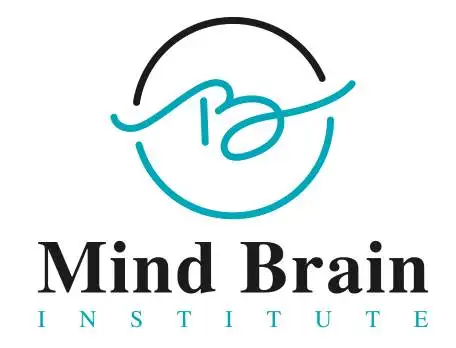
- Posted By MindBrain
- Comments 0
New Developments in the Treatment of Obsessive-Compulsive Disorder with TMS therapy
Obsessive-Compulsive Disorder (OCD) has been a difficult disorder to treat and TMS has been the promising new treatment which has shown to be very effective. In this blog post we look at the latest research in this field.
Clinical Studies
One of the most promising developments is the refinement of targeting techniques. Earlier studies focused on the DLPFC, but newer research suggests that targeting the orbitofrontal cortex (OFC), a region closely linked to the development of compulsive behaviors, might yield better results. A study published in JAMA Psychiatry in 2023 demonstrated that TMS targeting the OFC led to significant reductions in OCD symptoms compared to sham treatments, with sustained effects observed up to six months post-treatment.
Also Read: Treating Cocaine Addiction with Transcranial Magnetic Stimulation?
Another noteworthy study, published in Brain Stimulation in 2022, examined the use of individualized neuronavigation-guided TMS. This approach customizes the treatment by using neuroimaging to pinpoint the precise brain regions that need stimulation for each patient. The study found that patients receiving neuronavigation-guided TMS experienced a greater reduction in OCD severity than those receiving standard TMS treatments.
TMS in Combination with Other Treatments
The combination of TMS with other therapeutic modalities has also been a focus of recent research. A 2023 meta-analysis in Translational Psychiatry reviewed the outcomes of combining TMS with exposure and response prevention (ERP), a form of CBT specifically effective for OCD. The analysis found that patients who received both TMS and ERP showed a more significant improvement in symptoms than those who received either treatment alone. This suggests that TMS may enhance the brain’s receptivity to behavioral interventions, making it a valuable adjunctive treatment.
Also Read: Which is better: Unilateral vs. Bilateral TMS Treatment for Major Depression
The Future of TMS in OCD Treatment
The future of TMS in OCD treatment looks promising, with ongoing research likely to refine its application and improve patient outcomes. Innovations such as deep TMS (dTMS), which allows for deeper brain stimulation, and paired-pulse TMS, which can modulate connectivity between different brain regions, are currently being explored.
As the body of evidence grows, TMS may become a standard part of the treatment landscape for OCD, offering hope to those who have not found relief through traditional therapies. However, it is important for patients and clinicians to consider TMS as part of a comprehensive treatment plan, ideally in conjunction with therapy and medication, to achieve the best possible results.
Recent Posts
- Ketamine Therapy vs. Traditional Antidepressants: Efficacy, Onset Time, and Safety Compared
- Ketamine Treatment Eligibility Criteria- Who Qualifies and Who Does Not
- Tibetan Sound Healing for Mental Health – Exploring the Cultural Roots and Ancient Methods
- How QEEG Brain Mapping Improves Mental Health
- Kriya Yoga Benefits for Brain Health and Mental Wellness
Recent Comments
No comments to show.


